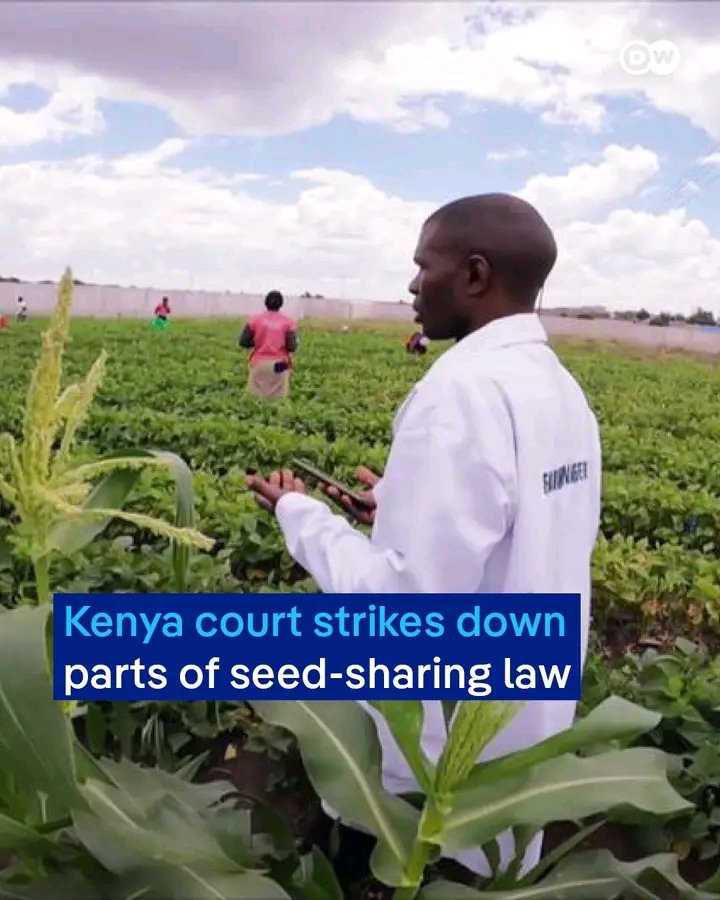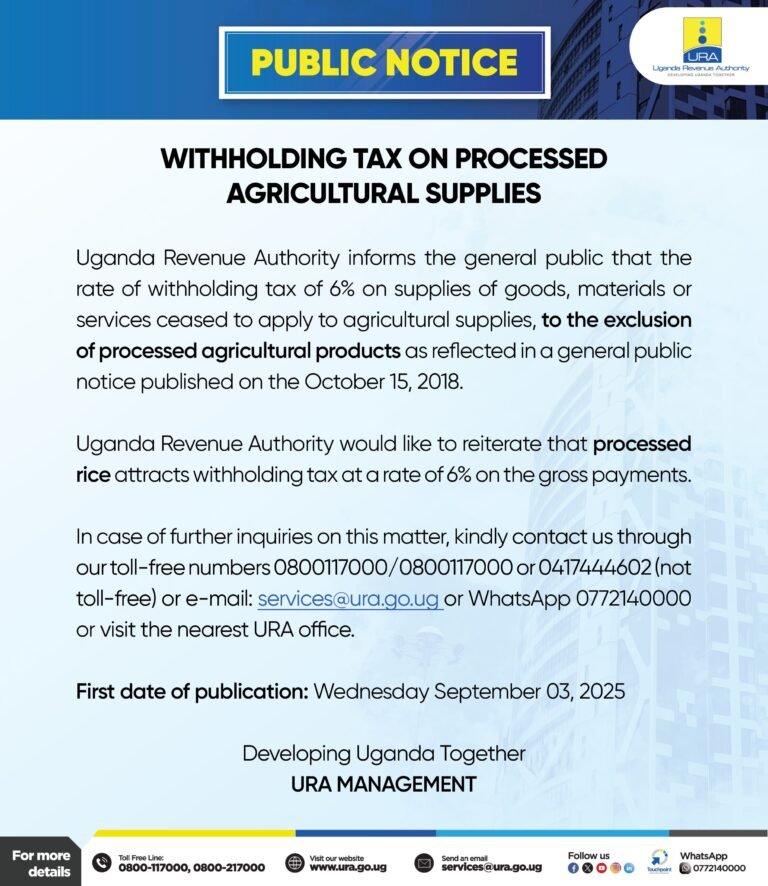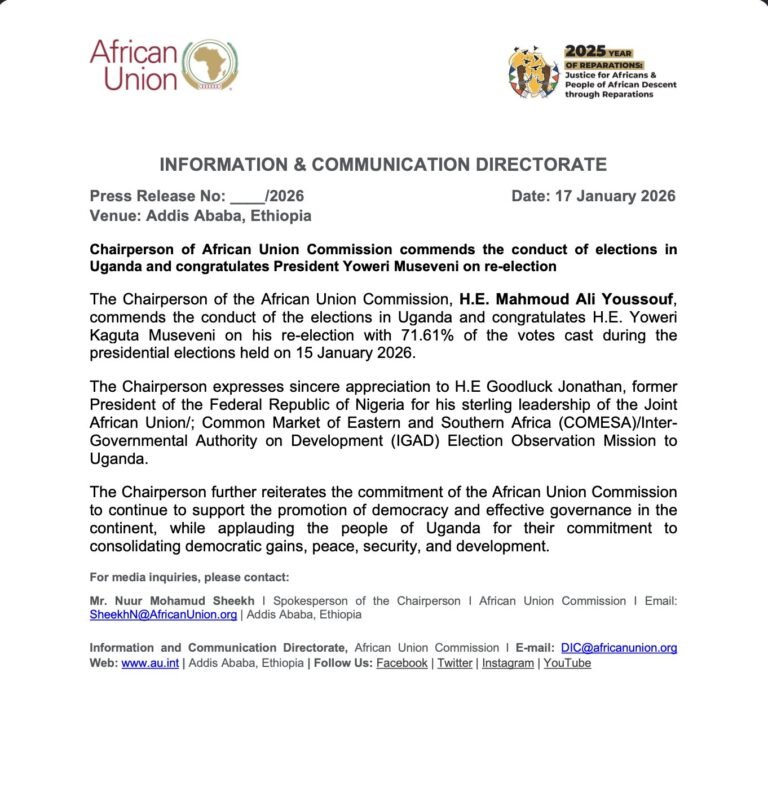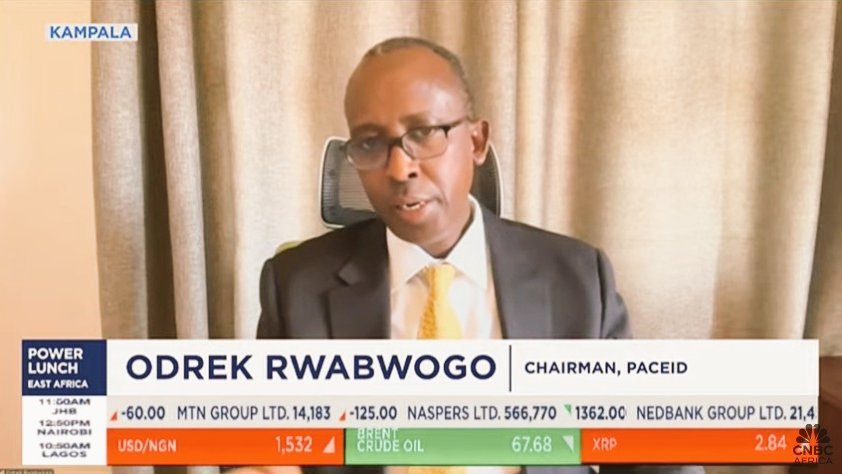
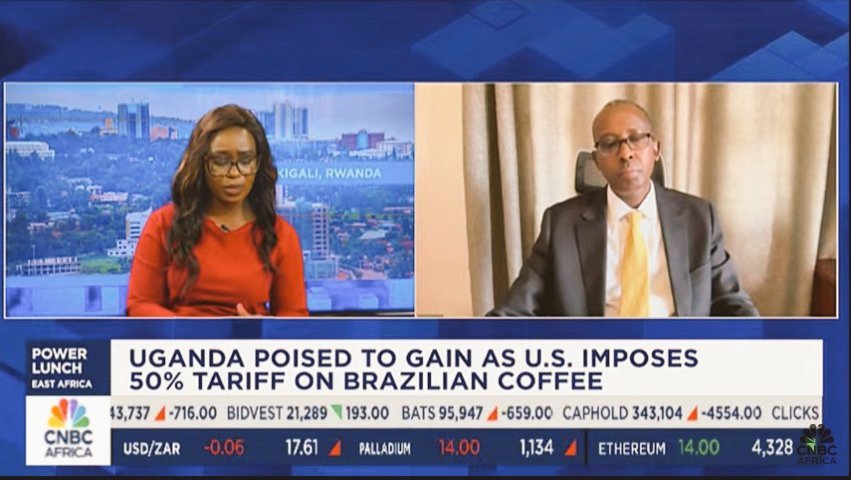
Uganda Positions Itself as Key Coffee Supplier Following U.S. Tariff on Brazilian Imports, Targets $1.2 Billion in Exports
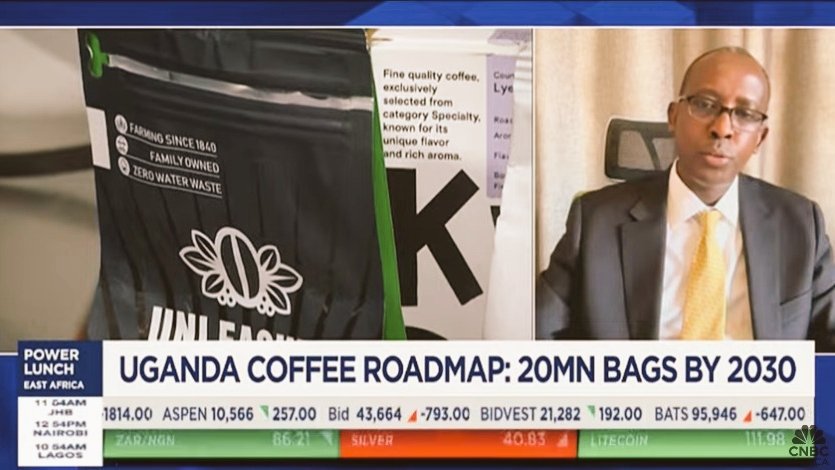
KAMPALA, Uganda – In the wake of a new 50% tariff imposed by the United States on Brazilian coffee, Uganda is strategically positioning itself to capture a significant portion of the global market. Chairman Odrek Rwabwogo of the Presidential Advisory Committee on Exports and Industrial Development (PACEID) outlined an ambitious vision for the sector, highlighting the opportunity on CNBC Africa’s Power Lunch.
Rwabwogo presented Uganda’s Coffee Roadmap, which sets a formidable target of exporting 20 million bags by 2030, aiming to generate $1.2 billion in annual export revenues. This growth, he emphasized, will be driven by a three-pronged strategy: ramping up production, aggressively pursuing value addition, and forging stronger international trade partnerships.
“Uganda is in a unique position to become the go-to supplier of Robusta coffee,” Rwabwogo stated, framing the U.S. policy shift as a direct opportunity for the East African nation, which already holds the title of Africa’s leading coffee exporter.
The strategy involves a decisive move up the value chain. Rather than just exporting raw beans, the focus is on shipping roasted, packaged, and ready-to-consume products to high-value markets. Key American cities like Chicago, Detroit, and Atlanta have been identified as primary targets for these premium exports.
This shift is crucial for maximizing revenue. While Uganda currently earns approximately $100 million annually from coffee exports to the U.S., officials believe that with improved logistics and a focus on value-added products, this figure could triple to between $250 and $300 million in the near term, forming a core part of the broader $1.2 billion goal.
To achieve these targets, Uganda is addressing critical bottlenecks. A multimodal transport strategy is being implemented to slash the high airfreight costs that have challenged exporters. Furthermore, significant investment is being channeled into domestic processing infrastructure, including a planned $50-$60 million instant coffee plant in central Uganda, which will reduce the country’s reliance on imports and capture more value locally.
Rwabwogo expressed strong confidence in overcoming these challenges, noting robust support from the government and keen interest from European and Asian investors. “This growth is achievable,” he affirmed, signaling a new and prosperous chapter for Ugandan coffee on the world stage.


